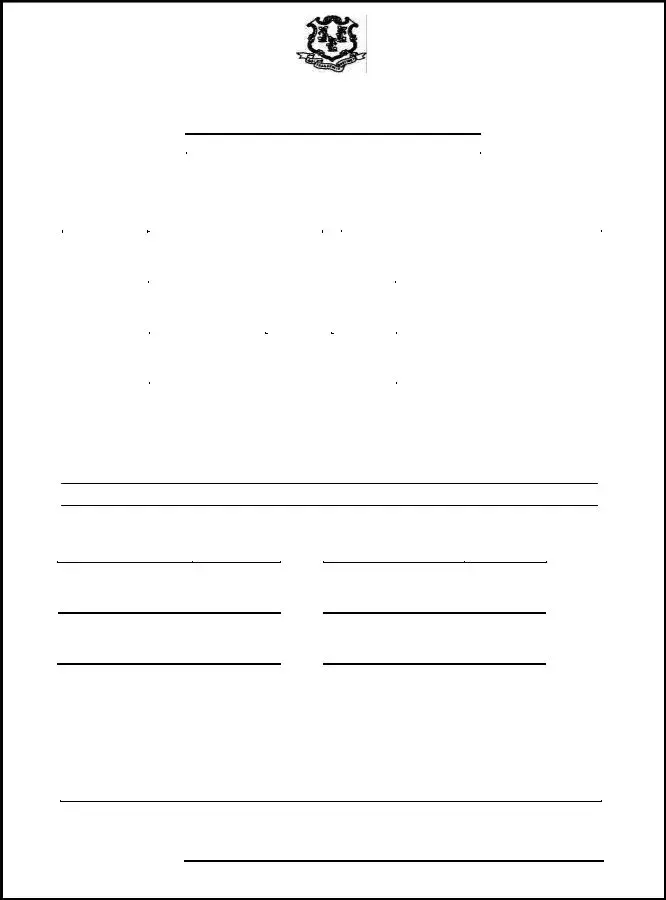What is a Connecticut Resale Certificate?
A Connecticut Resale Certificate is a document issued by the Connecticut Department of Revenue Services that allows businesses to purchase items without paying sales tax, provided those items are intended for resale, as components of new products, or as ingredients. This certificate confirms that the buyer is registered as a business and intends to resell the purchased goods, lease them, or utilize them as ingredients or components in manufacturing.
Who needs to fill out a Connecticut Resale Certificate?
Businesses that wish to purchase goods without paying sales tax for the purpose of resale, leasing, or using as ingredients or components in the production of new goods need to fill out a Connecticut Resale Certificate. This includes wholesalers, retailers, manufacturers, lessors, and other specified types of businesses.
How do I obtain a Connecticut Resale Certificate?
To obtain a Connecticut Resale Certificate, your business must be registered with the Connecticut Department of Revenue Services. You can then complete the certificate, providing information about your business, including the type of business, address, and state registration or I.D. numbers for states and cities where you intend to resell, lease, or manufacture goods.
What information is required on the Connecticut Resale Certificate?
The certificate requires the seller's name and address, the buyer's business name, address, and type of business (e.g., wholesaler, retailer), state and city registration or I.D. numbers, a general description of products to be purchased for resale, and an authorized signature from the buyer confirming the accuracy of the information and intent to resale.
How long is a Connecticut Resale Certificate valid?
The certificate remains valid until the buyer cancels it in writing or it is revoked by the city or state. It applies to all orders made by the buyer unless stated otherwise for a specific transaction.
Can a Connecticut Resale Certificate be used for purchases made in other states?
The certificate specifically pertains to Connecticut and is intended for use within the state. However, it includes sections where businesses can list registration or I.D. numbers for other states and cities, which indicates an intention to buy goods tax-free for resale in those locations. It's important to check the regulations of the other states to ensure compliance when using the Connecticut Resale Certificate for out-of-state purchases.
What happens if I use the certificate for purchases not intended for resale?
If an item purchased tax-free is used or consumed by the business in a manner that makes it subject to sales or use tax, the business is required to pay the tax due directly to the appropriate taxing authority. Misuse of the certificate for non-qualifying purchases can result in penalties and interest charges.
Is there a penalty for providing false information on a Connecticut Resale Certificate?
Yes, there are penalties for providing false information on a Connecticut Resale Certificate. The declaration at the end of the certificate indicates that providing false information is punishable under the penalties of making a false statement. This can include fines, penalties, and possibly criminal charges, depending on the severity and intent of the false statement.


